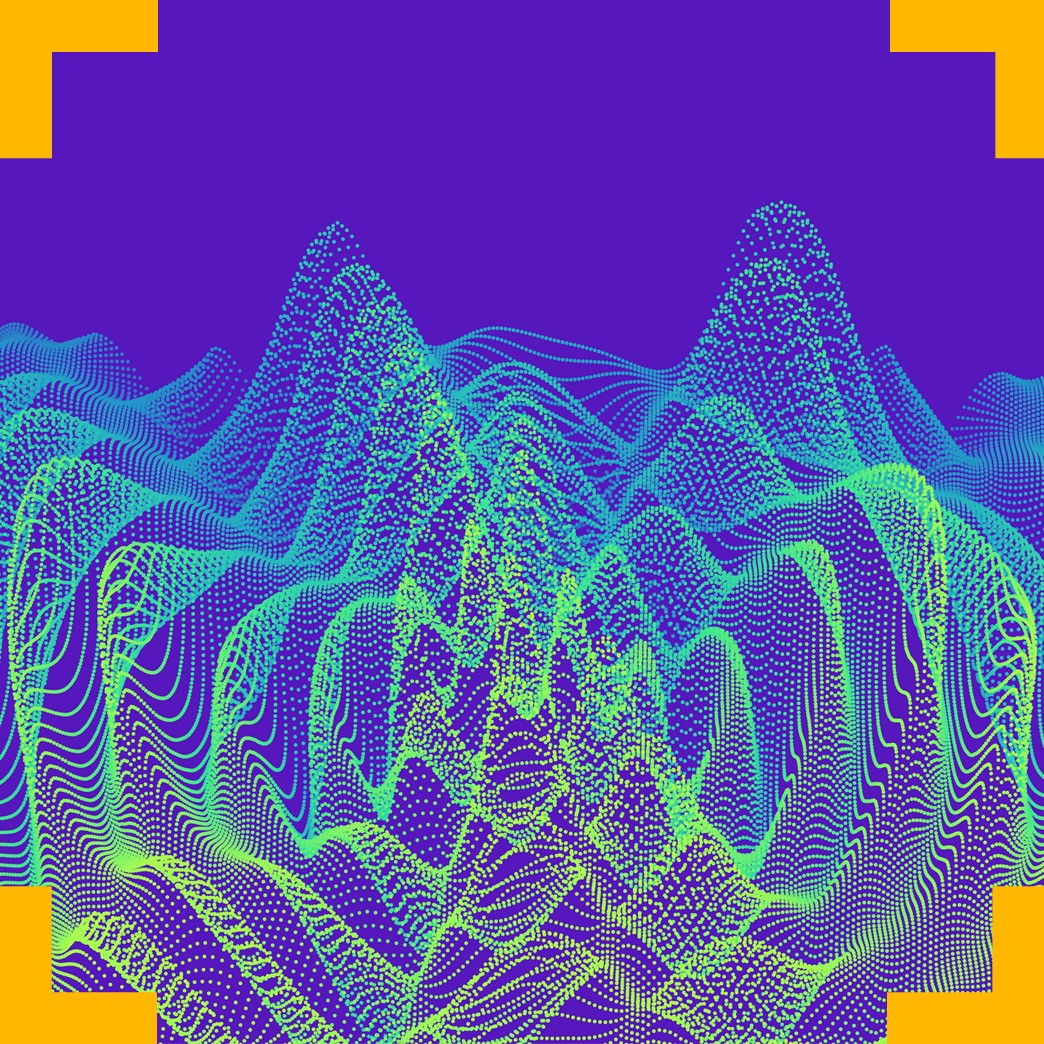Towards creating inclusive performance spaces – introducing haptics in performance art to dismantle ableist barriers
How can participatory research can help us to further our understanding of how the sensory environment affects inclusive design and societal wellbeing? This research wants to better understand how new technologies affect people’s multisensory experiences and can allow for more inclusive musical experiences.

What did the project involve?
This research explored how haptic technology can minimise ableist barriers to inclusivity in performance spaces by investigating disability through different lenses and models (including social, medical and cultural). The researchers sought to examine:
- how emerging technologies in haptics can alter the multi-sensory design of performance space.
- what happens when standard conventions of performance spaces are disrupted and how this can be achieved by introducing different kinds of sensory technology.
The research project hosted a workshop that brought together performance artists with different sensory disabilities and academics from across the University, at which Rowan James presented his bespoke Beat Blocks haptic flooring system. This system provides haptic sensory input synchronised with music allowing participants to begin exploring and discussing inclusivity. This kickstarted knowledge exchange of scientific research and performance experience regarding the use of multi-sensory technologies with D/deaf and neurodiverse communities. Together, participants explored new ideas about how to break down barriers of ableism by readdressing the balance between sensory systems for inclusive, positive, embodied experiences.
Who are the team and what do they bring?
- Greig Dickson (Psychological Science, University of Bristol)
- Rowan James (Theatre-maker and inclusive theatre practitioner) explores the use of technology to create inclusive space, investigating the question: What happens to art when accessibility is centred as creation of choice instead of compromise?
- Professor Ute Leonards (Psychological Science, University of Bristol) has a long track record in working with artists and members from different neurodiverse communities.
- Dr J.F. Burn (Mechanical Engineering, University of Bristol) brings experience in biomechanics.
- Dr Antonia Tzemanaki (Mechanical Engineering, University of Bristol) has experience in coproducing research with the d/Deaf community in her robotics work.

